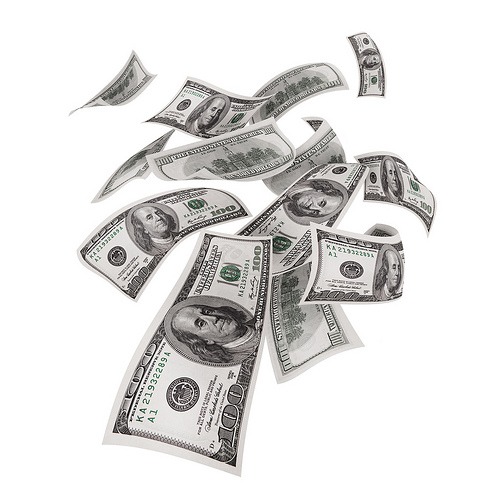 Psychologists have conducted research which shows that money can’t buy happiness. That is, once you have enough money to meet your basic needs, having more money will impact your level of happiness only slightly.
Psychologists have conducted research which shows that money can’t buy happiness. That is, once you have enough money to meet your basic needs, having more money will impact your level of happiness only slightly.
However, Elizabeth Dunn, an associate professor of psychology at the University of British Columbia, and Michael Norton, an associate professor of marketing at Harvard Business School, have set forth the proposition that this is only partially true. That is, how much money you have won’t determine your level of happiness, but how you spend it will.
Most people think that they can be happier by doing things such as the following:
- Buying a faster, sleeker, more luxurious car.
- Moving to a bigger house.
- Purchasing a better version of whatever it is that their neighbors just bought (and making sure that the neighbors see it).
Nonetheless, research conducted over the past ten years shows that this way of thinking is wrong. Buying these things won’t make you happier.
In their recently published book, titled “Happy Money: The Science of Smarter Spending”, Dunn and Norton claim to have uncovered how you can buy happiness. They set forth five spending principles which they argue will transform your currency into “happy money”.
The five principles are the following:
- Buy Experiences
- Make It a Treat
- Buy Time
- Pay Now, Consume Later
- Invest In Others
Each of these is explained, in detail, below.
Buy Experiences
Research has shown that buying experiences makes us happier than buying material goods. There are many reasons for this, and here are six of them:
- People adapt quickly to possessions; therefore, the pleasure of acquisition is short lived. Experts call this the hedonic treadmill.
- You “live” an experience and are therefore a part of it, while material goods are “out there”.
- Experiences are often done with others, and this fosters connectivity and helps to strengthen your relationships with the people you share the experience with. As we know, social connections are a vital component of happiness.
- We tend to be more engaged during an experience than we are when using an object. Think of the engagement that you feel when riding a roller coaster, as opposed to the engagement that you feel while watching your new screen TV.
- You can relive an experience over and over again each time you remember it. We tend to savor experiences more than we do having bought something new, and we squeeze more enjoyment out of them.
- Experiences help us to define who we are. Wouldn’t you rather be the person who hiked a Colorado Fourteener—a mountain in the state of Colorado which exceeds 14,000 feet–, instead of the person who owns a riding lawn mower?
In addition, it doesn’t have to be an expensive experience in order for you to derive a happiness benefit from it. Just having a coffee and scone with someone whose company you enjoy can do the trick.
Make It a Treat
The authors of “Happy Money” argue that abundance can be a negative and that you can have too much of a good thing. Dunn and Norton explain that “abundance, it turns out, is the enemy of appreciation. This is the sad reality of the human experience: in general, the more we’re exposed to something, the more its impact diminishes.”
For example, if you go out to dinner almost every night of the week, you get used to it; dining out begins to lose its appeal. However, if instead of going out to dinner all the time you save up to eat at a really nice restaurant once or twice a month, the novelty of the event will make you take notice and you will appreciate it more.
As a second example, in one experiment conducted by Dunn and Norton, some people were told to eat chocolate every day for a week. Others were asked to abstain from eating chocolate for a week. A week later both groups reconvened and everyone was given chocolate. Those who had given up chocolate for the previous week enjoyed it a lot more than those who had eaten chocolate every day.
Buy Time
You can use your money to buy happiness by buying time. That is, buying time to spend with the people who are important to you, being able to get more sleep, or having more time to spend on a hobby you enjoy. You can buy time by doing things such as the following:
- Hiring someone to mow the lawn instead of doing it yourself.
- Shopping at the corner store instead of driving half an hour to the supermarket, even if the corner store is more expensive.
- Moving closer to work in order to shorten your commute time.
- Buying a Roomba to do the vacuuming for you.
By buying time you’ll be gaining something called “time affluence”, and having time affluence makes us happy.
Pay Now, Consume Later
When you purchase a spa weekend a few weeks before you intend to go, or pay for a vacation you’ll be taking in a couple of months, you’re paying now and consuming later. Paying now and consuming later has two positive effects:
- The first is that when you’re participating in the activity you won’t be as focused on the cost. Although it can be a bit painful to fork out money now for an experience which you’re going to enjoy later, it can feel like it’s free by the time you get to it.
- The second is that, as Dunn and Norton write, “consuming later provides time for positive expectations to develop”. In fact, research shows that anticipation is a huge and often untapped source of happiness.
Invest in Others
The authors of “Happy Money” cite studies which show that spending money on others provides a bigger happiness boost than spending the money on yourself. In fact, Norton gave a Ted Talk on this very subject. In his talk Norton explains that he and his research team conducted an experiment in which they did the following:
- They gathered a group of test subjects.
- In the morning the researchers gave each of the test subjects an envelope with either $5 or $20 in it. In addition, some of the test subjects were told that by the evening they had to have spent the money on themselves, while others were told to spend it on someone else.
- In the evening the researchers interviewed the test subjects. They discovered that those who had spent the money on themselves did not experience an increase in happiness. On the other hand, those who had spent the money on others did experience an increase in happiness.
Something else that the researchers observed from the experiment was that whether the test subjects had been given $5 or $20 was irrelevant. Once again, this shows that happiness levels are not determine by how much money you have, but by how you spend it.
In addition, keep in mind that if you’re going to donate money the biggest happiness boost comes from making a donation to something you can actually see or which will have a specific impact. For example, donating money to buy school supplies for the elementary school down the street, or donating money to Kiva to help a specific micro-entrepreneur achieve a specific objective.
Conclusion
The basic message of “Happy Money” is that instead of thinking exclusively of how to get more money, you should start thinking of how to get the most happiness out of the money that you already have. To this end, Dunn and Norton recommend that you do the following:
“Before you spend that $5 as you usually would, stop to ask yourself: Is this happy money? Am I spending this money in the way that will give me the biggest happiness bang for my buck?”
Live your best life by applying the five principles described above and spending your money in ways that will lead to greater happiness.

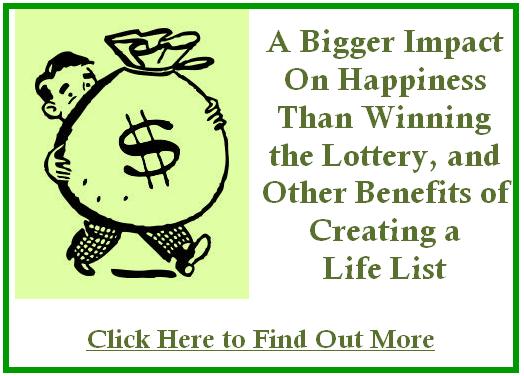
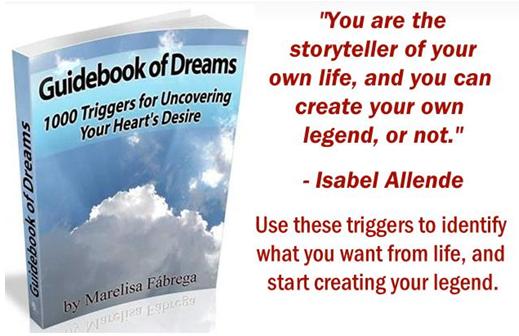
Related Posts:
1. How to Calculate Your Net Happiness
2. Three Happiness Tips From Eckhart Tolle
3. Srikumar Rao On Happiness – Four Exercises That Will Make You Happier
4. Harvard’s Most Popular Course: Tal Ben-Shahar on How to Be Happier
Did you enjoy this article? Subscribe to “Daring to Live Fully” by RSS or by email, and get free updates.

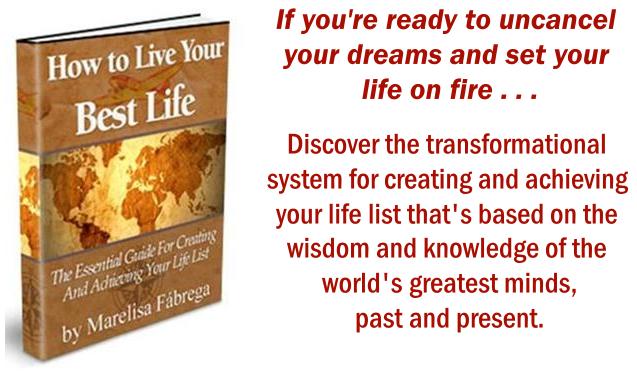
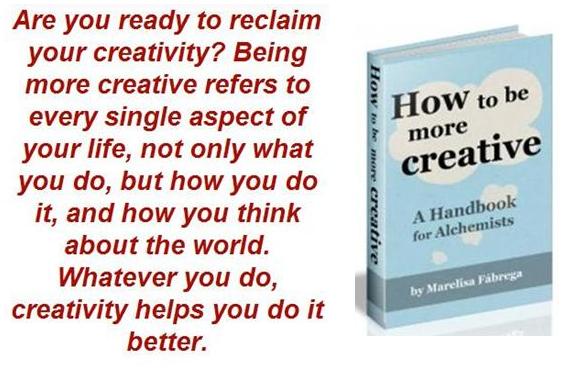
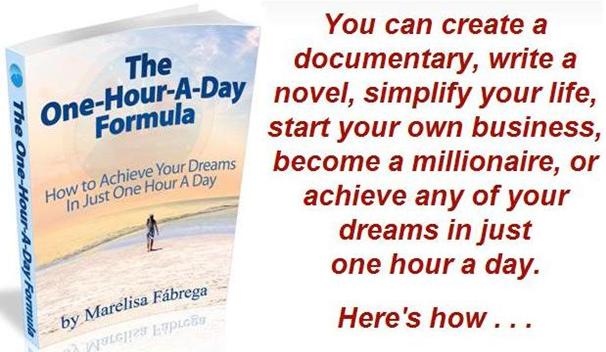
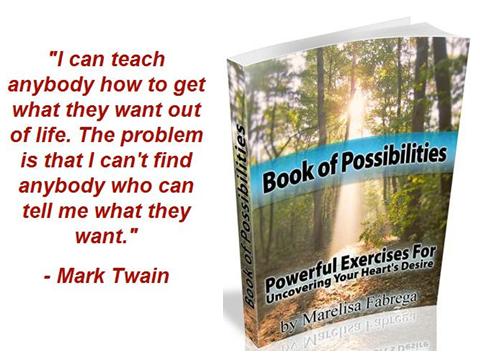


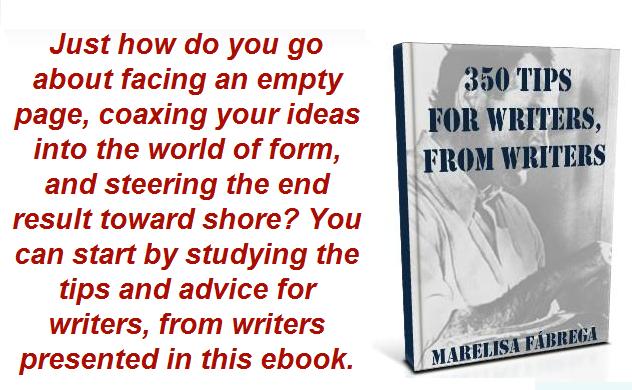
 Marelisa Fabrega is a lawyer and entrepreneur. She holds a Bachelor of Science in Business Administration from Georgetown University in Washington, D.C., as well as a Juris Doctor from the Georgetown University Law Center. You can learn more about her
Marelisa Fabrega is a lawyer and entrepreneur. She holds a Bachelor of Science in Business Administration from Georgetown University in Washington, D.C., as well as a Juris Doctor from the Georgetown University Law Center. You can learn more about her 






Comments on this entry are closed.
Hi Marelisa
Great post. I have been thinking this for a while now. Self-actualisation is the key to happiness.
Buy experiences, and invest in others to make a difference!
Hi Anthony: My next purchase is going to be Christmas tree shaped cookie cutters so that I can share the experience of making Christmas cookies with my sister and my nephews. That’s definitely going to be happy money! 🙂
I have read the book “HAPPY MONEY” and I find that it is true, that you need to be happy with money and give to receive. Donate, be grateful, share, don’t be stingy. If you donate a little, I promise, more ans more will come:)